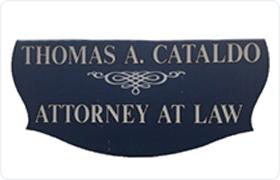Chatham Criminal Lawyer, New Jersey
Sponsored Law Firm
-
 x
x

Click For More Info:
-
Thomas A. Cataldo, Attorney at Law
52 South Street Morristown, NJ 07960» view mapCriminal Defense Law Tip The Scales In Your Favor!
Thomas A. Cataldo, Attorney at Law has the legal experience you need at affordable rates that can't be beat.
800-834-4291
Steven Goldstein
✓ VERIFIEDSteven Goldstein was admitted to practice in New York State in 1992. He was admitted to practice in New Jersey in 1993. His practice areas are pla... (more)
Thomas F. Verrastro
✓ VERIFIEDMy office is dedicated to serving the legal needs of individuals facing serious issues including criminal charges and divorce. We also serve small bu... (more)
Blair R. Zwillman
✓ VERIFIEDBlair R. Zwillman has over 40 years of experience with the criminal justice system. After serving as a Law Clerk to Superior Court Judge Joseph M. Thu... (more)
Patrick J. Clare
FREE CONSULTATION
CONTACTFREE CONSULTATION
CONTACT Thomas Cataldo Morristown, NJ
Thomas Cataldo Morristown, NJ Practice AreasExpertise
Practice AreasExpertise



